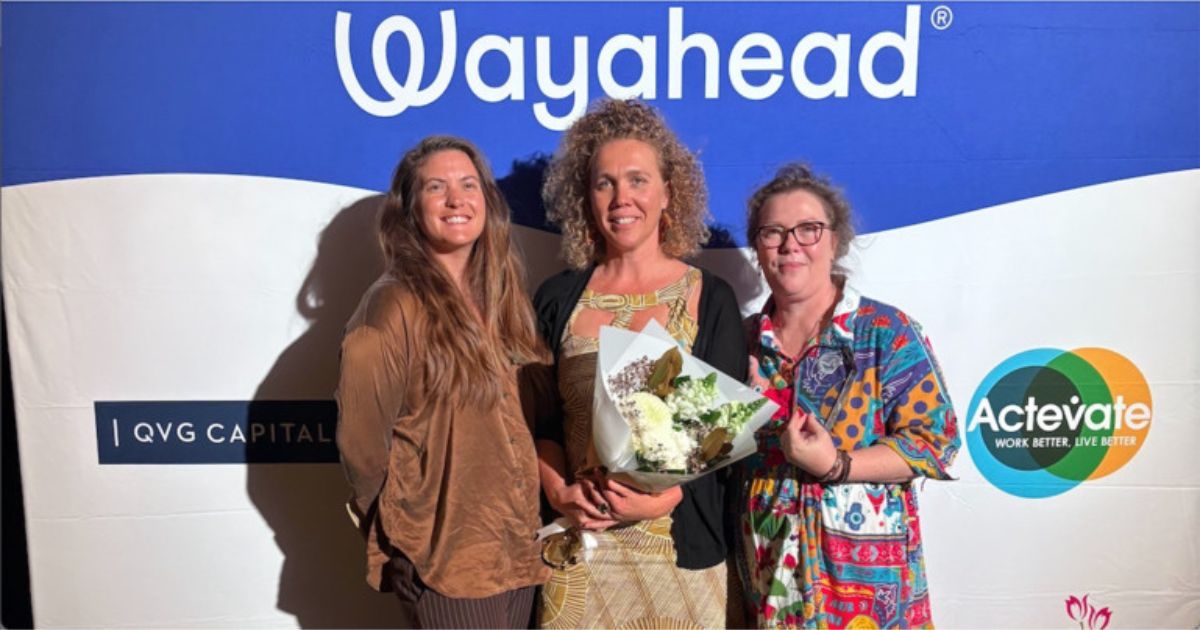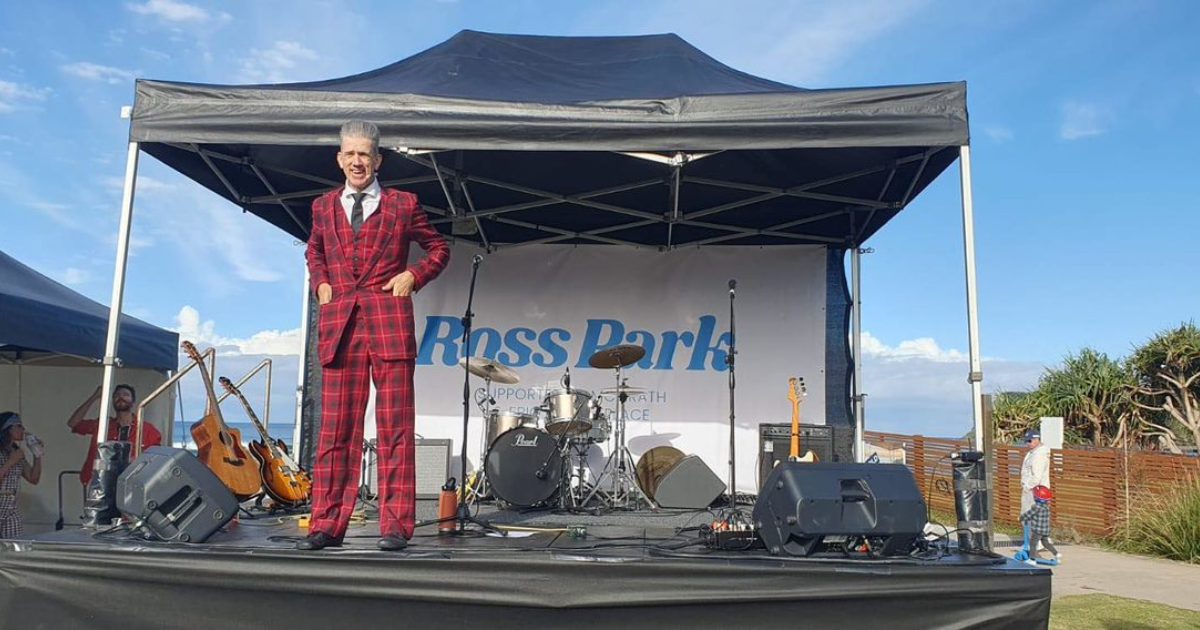Funding for Byron wildlife education and engagement

Byron Bay Wildlife Hospital vet Dr Bree Talbot with Aquila, an injured Wedge-tailed Eagle, and fellow vet Dr Chantal Whitten. Photo: SUPPLIED
THE New South Wales government has awarded Byron Bay Wildlife Hospital $110,000 in funding for education and training projects.
The funding will be used to help engage the community in discussions about a variety of native animals, the causes of injuries and illness, and ways to help wildlife in the community and during natural disasters.
Member for Lismore and NSW Parliamentary Secretary for Disaster Recovery Janelle Saffin said she and Ballina MP Tamara Smith had lobbied hard to secure the funding.
“I met with Byron Bay Wildlife Hospital representatives this week, and I’ll continue to support our wildlife rehabilitation sector, which takes such great care of our native animals,” she said.
“We are fortunate in the Northern Rivers to have a network of specialised wildlife hospitals and dedicated carer groups, whose important work was put in real perspective during the 2019-2020 Black Summer bushfires.”
The wildlife hospital will produce a series of short videos and fact sheets on commonly treated species to educate the community on local wildlife and build awareness.
In addition, the Byron Bay Wildlife Hospital will deliver work placements for 10 final-year student veterinarians and develop online training for general practice clinics on best practices for wildlife handling, triage and treatment plans.
Ms Smith said the grant would greatly benefit the hospital.
“It will support their incredible work training wildlife carers and educating the broader community about our extinction crises,” she said.
“We welcome this investment in community organisations that are doing the frontline work rescuing and protecting endangered species like our koalas and Swift parrots.”
Hospital CEO Dr Stephen Van Mil said the grant would deliver a multifaceted project supporting the immediate, effective treatment of sick, injured and orphaned wildlife of all species.
“Helping to improve the skills and confidence of general practice vets and nurses in wildlife handling, triage and treatment, and training future generations of wildlife veterinarians will also contribute to more positive welfare outcomes for native animals,” he said.
For more information, visit byronbaywildlifehospital.org


















